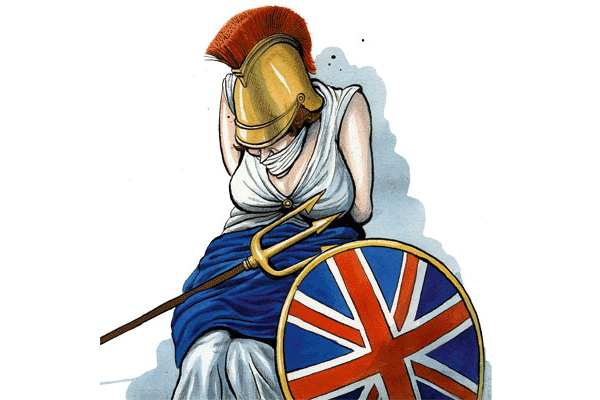Is the idea of any form of statute relating to the press inimical to liberty and therefore incompatible with Conservative belief? Fraser Nelson argues that it is but it is time for Conservatives to think again and for journalists to reassess who is really on their side in this debate.
People elect Conservative Prime Ministers to sort things out. They expect us to take difficult decisions and to confront unaccountable power along the way. The unavoidable truth is that there is unaccountable power vested in the hands of newspaper editors and proprietors which has contributed to the current crisis in journalism. Why do wealthy individuals want to own newspapers? They don’t exactly make much money. Rightly or wrongly, many think that by owning or controlling a national newspaper, they are also buying access and power. That ought to concern Conservatives.
Some Tories talk about the press as if it is on palliative care. Don’t do anything that might upset the patient, they say, just offer a good bed side manner and let them fade away. I don’t want newspapers to die, I want them to thrive. It is time for journalists to reassess who is really on their side: the craven politicians who suck up to them but secretly want them gone, or the politicians with the courage to deliver uncomfortable truths that might actually secure a future for our press?
Throughout the final module of Lord Leveson’s Inquiry, there was one question that wouldn’t go away: how can you make a reality of independence without some form of statutory anchor? The flaws in the proposal put forward by Lords Hunt and Black are clear. The power behind the system will be vested interests in the industry exercised through a reincarnation of the Press Board of Finance. They will have the power to veto the appointment of the Chairman. If they don’t like what the new commission is doing, they will have the power to sack the chairman. There will still be enormous influence given to serving editors and executives rather than independent people. It is a voluntary system of five year contracts. If a newspaper doesn’t like the judgements against them they can walk away or demand a renegotiation of the contract. For all these reasons, the proposal is likely to be unstable and destined to fail.
Some say that we should just leave press regulation to the police. Laws already exist, the argument goes, and we just need the police to enforce the law more thoroughly. It is a curious thing that those who claim that any form of regulator established in statute would have a ‘chilling effect’ on our press, then go on to advocate a system which envisages the police kicking down doors and launching dawn raids on newsrooms as a matter of routine.
We should not feel comfortable with the fact that we tolerated a system of self regulation that failed on such a catastrophic scale that the end result will be dozens of journalists facing trial and possible imprisonment next year. It would be better by far if we had a credible and independent system of regulation backed in statute so that we need not involve the police in Britain’s newsrooms in future.
George Eustice is the Member of Parliament for Camborne, Redruth and Hayle






Comments